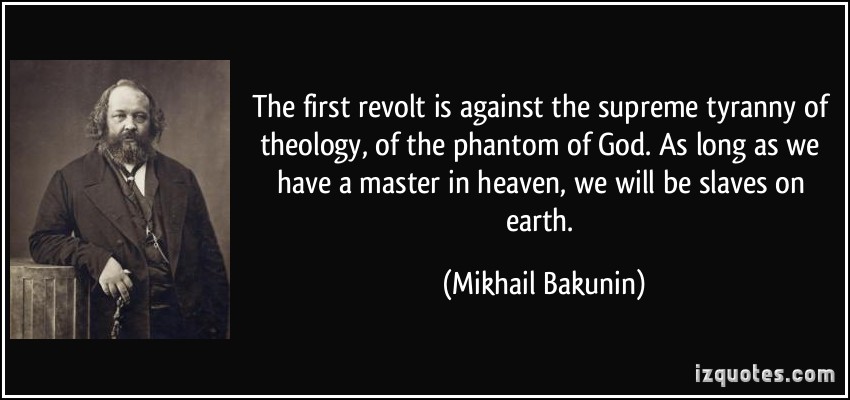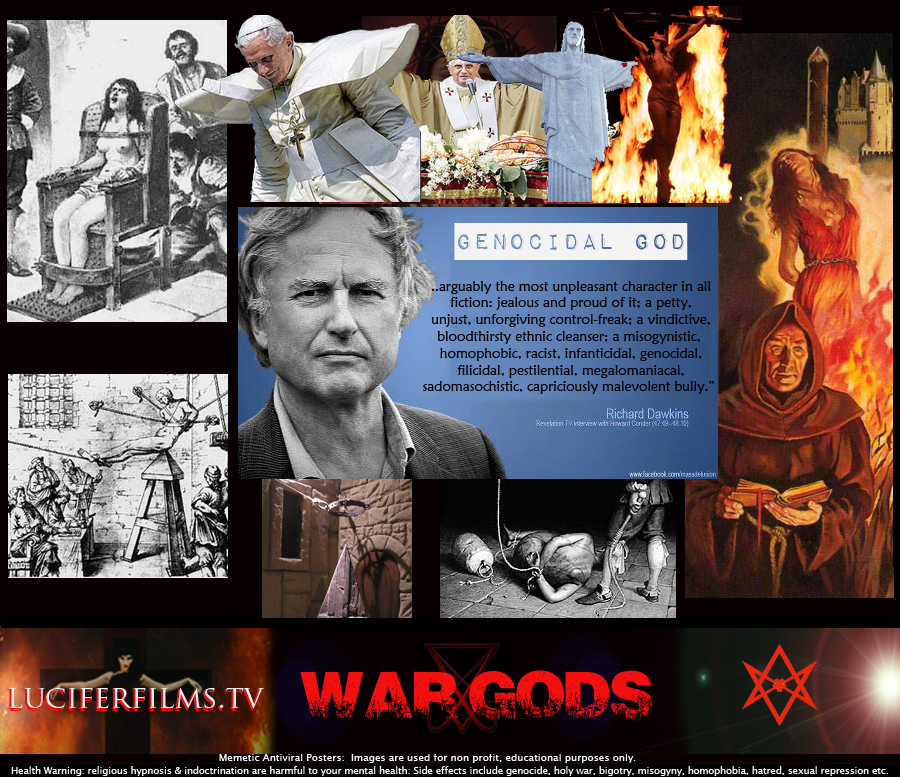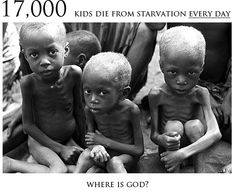On the immorality of Theology and Theodicy.

Lucifer 2017.
Theodicy is the defence of the alleged goodness of the gods in light of natural and human evil. “Natural evil” can be described as all natural disasters, human illnesses and disabilities which are not derived from human origin. Human evil would also include religious evil (i.e., human evil in the name of the gods) and the evil of religious texts, including incitements to violence against non-believers, the advocation of slavery, theocracy (i.e., religious tyranny), enforced marriage, child marriage, holy war and the punishment for victimless crimes such as blasphemy, heresy, apostasy, homosexuality and other consensual erotic acts. Theodicy is generally promoted by almost “all” theologians, including ancient and modern religions and the various “new age” theologians.
What is theology (i.e., the study of the gods)? The epistemological fraud of theism
The term “theology” is generally understood in the modern academic field of the “study of the religion” to be a misnomer (i.e., a false definition). As the gods do not lend themselves to empirical observation, they cannot be studied, and if they could, then all scientists would be able to measure and observe them and come to the same conclusions about them. Theology is not the “study of the gods;” it is simply the study of the subjective ramblings of theologians who claim to be able to observe the gods. Such a claim is, without exception, always epistemologically fraudulent; the gods are simply anthropomorphic projections of what human beings believe to be the nature of the gods.
The epistemological fraud of monotheism.
Since there have been countless thousands of gods and goddesses and definitions of a “big chief sky god of gods,” which theologians throughout history have claimed to be existent beings, monotheism is simply a claim that only the theologians’ personal god exists and that all other gods do not exist. This is simply epistemological fraud, and begs the epistemological question of “How can you know that for certain?” If a singular uncaused cause can exist, then it is equally possible or impossible that vast multitudes of uncaused causes exist. Monotheism, like polytheism, is a purely a speculative belief.
The anti-theodicy story of Job.
In the story of Job it is actually the Biblical deity, who upon the instigation of one of his demigods, referred to by the title “the satan (i.e., the accuser, prosecutor, adversary),” who suggests that Job is only faithful to this deity because he has a fortunate life, inflicts terrible suffering on Job and on his family, and yet Job is still the naive theodicist who continues to believe in the goodness of his malevolent god. This, of course, begs the ethical question of “What kind of parent would do that to their children?” This tale, is not, of course, a theodicist’s tale as it suggests that the Biblical deity “is” actually utterly malevolent.
The Abrahamic war god of the Bible and the Koran.
This deity is clearly a humanist’s definition of religious evil, and has been defined by Religious Dawkins as “arguably the most unpleasant character in all fiction: jealous and proud of it; a petty, unjust, unforgiving control-freak; a vindictive, bloodthirsty ethnic cleanser; a misogynistic, homophobic, racist, infanticidal, genocidal, filicidal, pestilential, megalomaniacal, sadomasochistic, capriciously malevolent bully.” One could also make the same argument for many of the Vedic gods, and indeed for “any” of the creator of gods of old and new age theologians. Any creators of our world would be similarly responsible for all natural and human evil and for the immensity of human suffering, war, injustice and poverty.

The gods of new age theologians.
It does not matter if one subtracts all the incitements to religious evil from the world’s religions and merely presents one’s personal anthropomorphic projection of a deity (i.e., what the theologians “want” their gods to be) in accordance with modern humanistic and Enlightenment (i.e., the age of science and reason) ethics as a “god of love;” that is simply wishful thinking and similarly epistemologically fraudulent, and again begs the epistemological question of “How can you know that for certain?” Hypothetically, assuming for the sake of argument that our world has creator gods, they could not possibly be gods of love; not if our world and the history of our world is the product of their creation.

The theodicist who observes our world of human and natural evil, and who then comes to the conclusion that it must be the creation of benevolent love gods, is simply defining evil as good and is ethically questionable, and I would argue, ethically repugnant and anti-human. A third of global population are just children and young adolescents, many who are born to an environment of human suffering, poverty, violence, injustice, sickness, disability and religious, political and economic evil. What have these innocents done to deserve to be born to a world such as this? I was not personally born to such suffering, and I have had a relatively fortunate life; however, even if I were a theist, I would still curse the gods for what they have done to my seven billion brothers and sisters here and for the suffering of my billions of human ancestors throughout history.
The gods, if they exist at all, are obviously malevolent and psychopathic. I would not worship or admire such evil gods, even if they existed.
“…..the criticism of religion is the prerequisite of all criticism.
The profane existence of error is compromised as soon as its heavenly oratio pro aris et focis [“speech for the altars and hearths,” i.e., for God and country] has been refuted. Man, who has found only the reflection of himself in the fantastic reality of heaven, where he sought a superman, will no longer feel disposed to find the mere appearance of himself, the non-man [Unmensch], where he seeks and must seek his true reality.
The foundation of irreligious criticism is: Man makes religion, religion does not make man. Religion is, indeed, the self-consciousness and self-esteem of man who has either not yet won through to himself, or has already lost himself again. But man is no abstract being squatting outside the world. Man is the world of man – state, society. This state and this society produce religion, which is an inverted consciousness of the world, because they are an inverted world. Religion is the general theory of this world, its encyclopaedic compendium, its logic in popular form, its spiritual point d’honneur, its enthusiasm, its moral sanction, its solemn complement, and its universal basis of consolation and justification. It is the fantastic realization of the human essence since the human essence has not acquired any true reality. The struggle against religion is, therefore, indirectly the struggle against that world whose spiritual aroma is religion.
Religious suffering is, at one and the same time, the expression of real suffering and a protest against real suffering. Religion is the sigh of the oppressed creature, the heart of a heartless world, and the soul of soulless conditions. It is the opium of the people.
The abolition of religion as the illusory happiness of the people is the demand for their real happiness. To call on them to give up their illusions about their condition is to call on them to give up a condition that requires illusions. The criticism of religion is, therefore, in embryo, the criticism of that vale of tears of which religion is the halo. “




